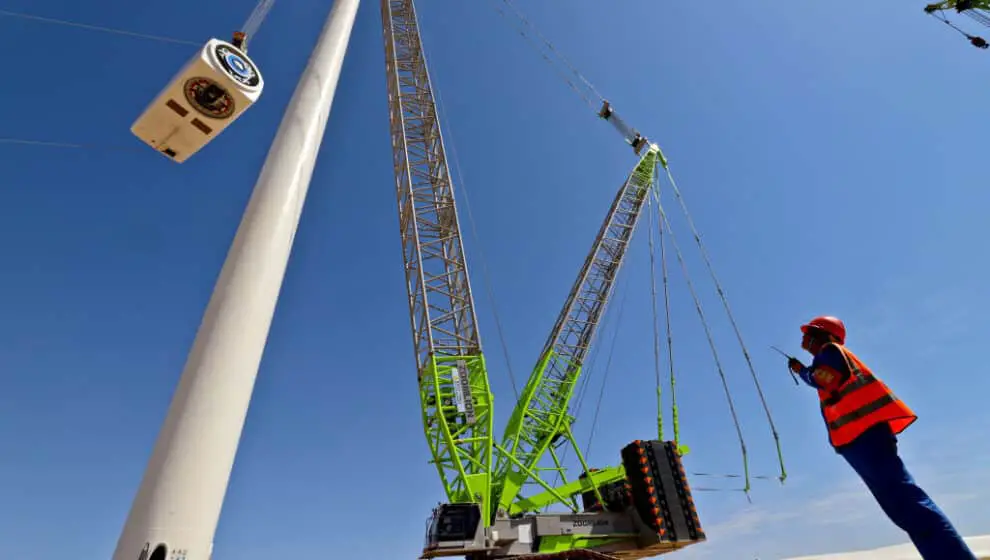Green energy-related jobs for the first time are now outpacing their alternatives.
Key details
A new report from the International Energy Agency (IEA) reports that employment in green-energy sectors is officially outpacing employment in fossil-fuel-related industries.
“With the recent rebound, clean energy surpassed the 50% mark for its share of total energy employment, with nearly two-thirds of workers involved in building new projects and manufacturing clean energy technologies,” says IEA.
IEA notes though that the growth has been met by similar employment and infrastructure growth in the fossil-fuel industry as well, driven by natural gas infrastructure buildups meant to provide alternatives to Russian energy sources.
“It also noted that wages in clean energy jobs lag behind those in the fossil fuel industry, where unionization rates are higher and risky work has been compensated with higher pay. The exception is nuclear, due to the highly skilled labor needed,” says The Associated Press.
Why it’s important
The higher pay of fossil fuel workers reflects the more deeply ingrained status of these industries. It also reflects that the unions and pay structures formed around them aren’t going to be fully abolished in the near future in spite of the recent successes in green energy investment.
As we reported previously, the IEA also recently predicted that oil production is going to peak between 2035 and 2050 in correlation with the increased green-energy infrastructure build-ups. The full transition from fossil to green energy is going to take decades and oil and gas companies expect to be able to grow and flourish in the near future.
The IEA still sees green energy eventually fully overtaking fossil fuels though.
“In all IEA scenarios, clean energy employment is set to grow, outweighing declines in fossil fuels jobs. In the Net Zero Emissions by 2050 Scenario, 14 million new clean energy jobs are created by 2030, while another 16 million workers switch to new roles related to clean energy,” says IEA.
Possible solutions
IEA also believes that many of the same workers in the fossil fuel industry can and will need to be retrained to work in new industries.
“New energy jobs may not always be in the same location nor require the same skills as the jobs they replace, requiring policymakers to focus on job training and capacity building to ensure that energy transitions benefit as many people as possible… Some fossil fuel companies are retraining workers internally for positions in low-carbon areas to retain talent or to maintain flexibility as needs arise,” says IEA.
